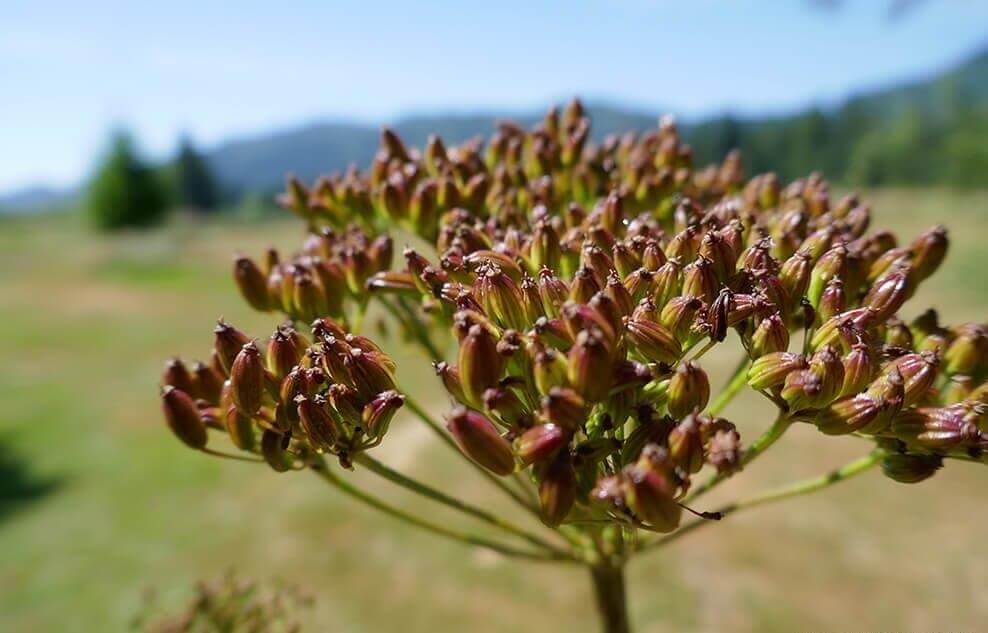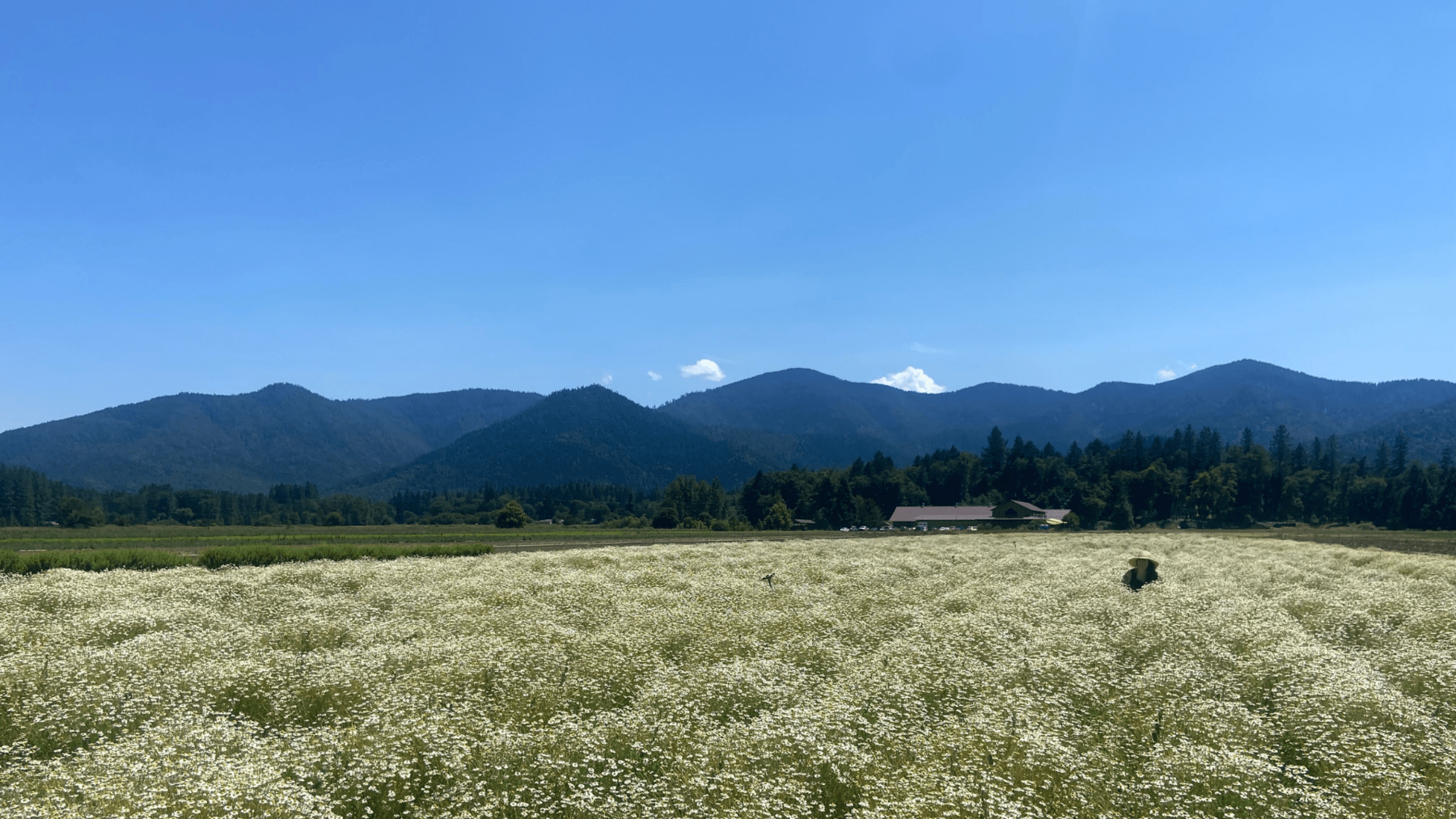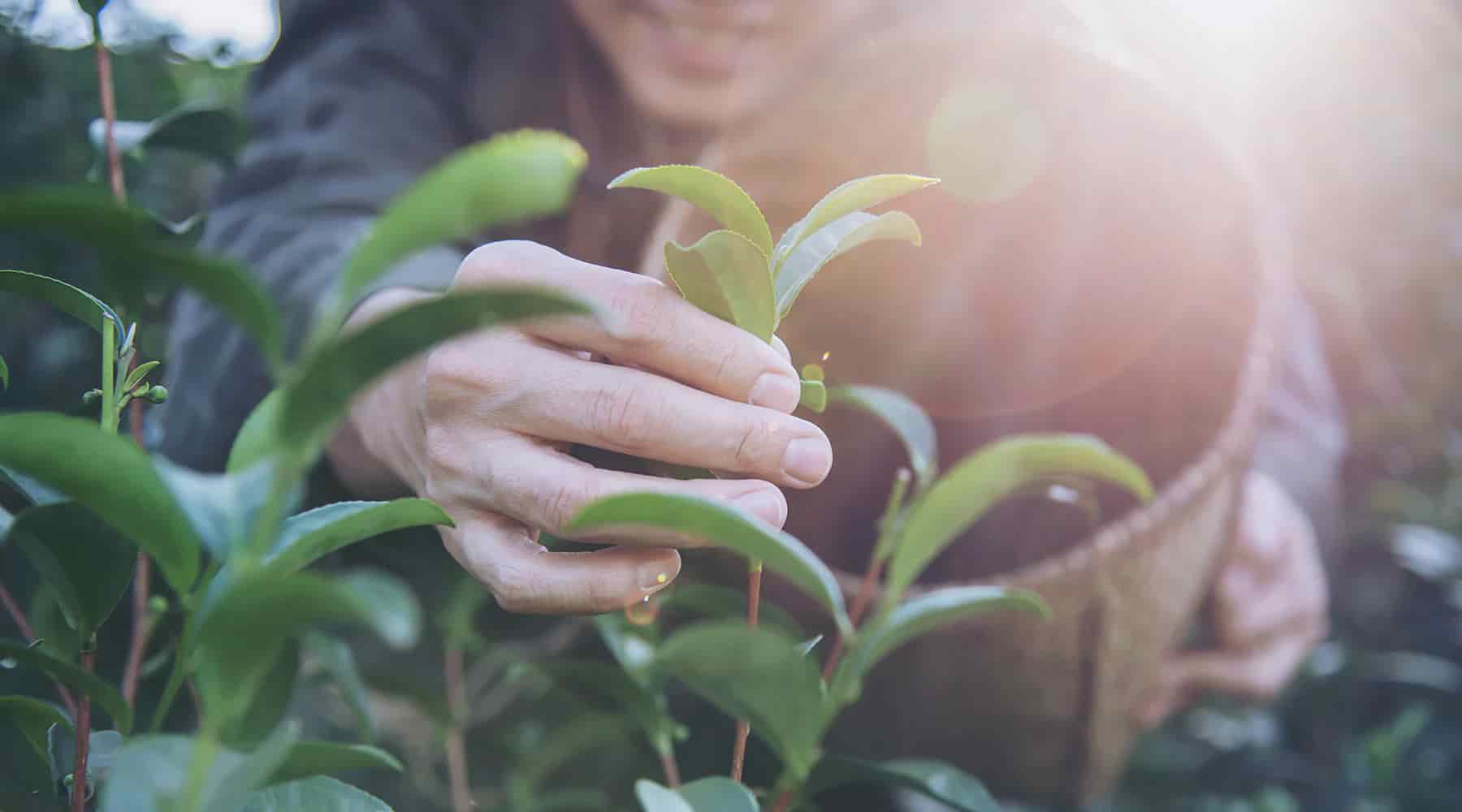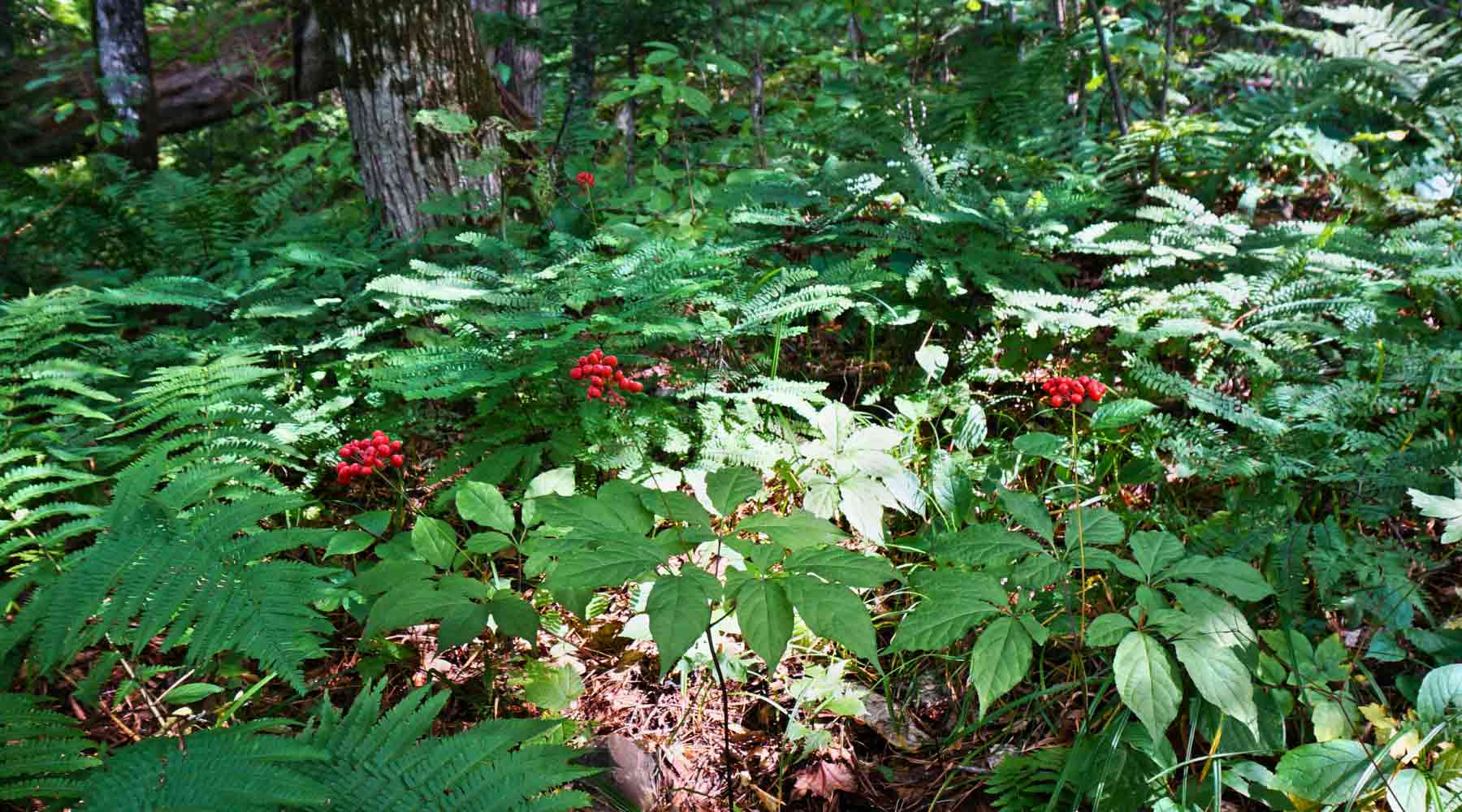
5 Sourcing Standards That Deliver On Our Sustainability Promise
Written by Lauren Ann Nichols-Sheffler, CHShare
At the heart of WishGarden Herbs, lies profound respect for the age-old tradition of herbalism, guiding our every step-in sourcing botanicals for our tinctures. It's a practice deeply entwined with both the wellness of earth and its inhabitants, whereas the quality of our remedies directly reflects the health of our planet's ecosystems.
Here’s a glimpse into the top 5 sourcing techniques that allow us to stay true to our commitment to sustainability.
Checking Plant Populations
When sourcing herbs, it’s essential to consult the United Plant Saver’s “At-Risk” plant list. This list is a critical resource for anyone in the herb industry, helping us identify plants that need our attention and protection. Similarly, for international sourcing, the CITES plant list offers a comprehensive look at global plant trade regulations. As our ecosystems continue to shift, understanding the dynamics of vulnerable plant populations and adhering to sustainable harvesting practices become more crucial than ever.
Cultivate Sustainability
In the natural supplement industry, as the demand for herbal remedies grows, so does our responsibility to source responsibly. For instance, Osha Root is a cherished herb within our product line at WishGarden, yet its wild populations have seen significant declines. To address this, we’ve partnered with an Organic Farm that cultivates Osha Root sustainably, ensuring we meet our annual needs without depleting the plant in the wild. Grow contracting is a common partnership between manufactures and suppliers because both parties can find security and transparency in transactions.
Plant Analogs
Navigating the use of legacy herbs can often lead herbalists to crossroads. When a beloved herb becomes scarce in nature, it may be wise to scale back on its commercial use. Exploring alternative plants with similar health benefits can be a sustainable strategy, helping to relieve pressure on endangered species and support their recovery in the wild. This approach not only helps protect precious plants but also ensures that we can continue to offer high-quality herbal products. Herbal analogs can be used amongst home apothecaries to large scale herbal manufacture facilities like WishGarden, furthering our communal commitment for plant conservation.
Here are a couple Analogs we love to use:
- Lovage Root (Levisticum officinalis) instead of Osha Root (Ligusticum porter)
- Marshmallow Root (Althea officinalis) instead of Slippery Elm (Ulmus rubra)
- Garden sage (Salvia officinalis) instead of White Sage (Salvia apiana)
- Motherwort (Leonurus cardiaca) & Yarrow (Achillea millefolium) instead of Trillium a.k.a. Beth root (Trillium erectum)
Sustainable Wild-Plant Management
When traditional wild-crafting collections no longer provide specialty herbs at scale, we look to Forest-Farmers! Forest-farming occurs on private lands, beneath the canopies of biodiverse forests that provide a natural, sheltered environment for growth. This method enables the cultivation of plants in their native habitats, which is crucial for maintaining their natural qualities and effectiveness.
At WishGarden, we recognize the importance of sourcing responsibly. We specifically select Wild Cherry Bark, Goldenseal Roots, Wild Yam Roots, and other "At-Risk" plants from domestic forest-farmers. By doing so, we ensure plants are harvested sustainably, maintaining the integrity of both the plant compounds and the ecosystems from which they come. This approach helps preserve traditional wild-crafting practices while adapting them to modern needs and environmental consciousness.
Sourcing Quality
We are committed to the belief, that potency and quality of our products are direct results of the environments from which they are sourced. For a plant to truly embody the essence of its potential benefits, it must originate from an environment that is not only vibrant and biodiverse but also managed sustainably.
By investing in sustainable practices, we ensure our herbs are grown in conditions that honor their natural growth processes. This attention to environmental health and sustainability allows us to provide products that not only support the wellbeing of our customers but also contribute positively to the planet. Each plant is nurtured to retain its fullest natural potential, ensuring our herbal remedies are effective and of the highest quality available.

Lauren Nichols-Sheffler with a mansa root
Lauren Ann Nichols-Sheffler attended The Colorado School of Clinical Herbalism and received her certificate in medical herbalism. Lauren loves educating and advocating for plant sustainability. She is the Sourcing & Purchasing manager for WishGarden Herbs.
For educational purposes only. This information has not been evaluated by the Food and Drug Administration. This information is not intended to diagnose, treat, cure, or prevent any disease, or sell any product.

















